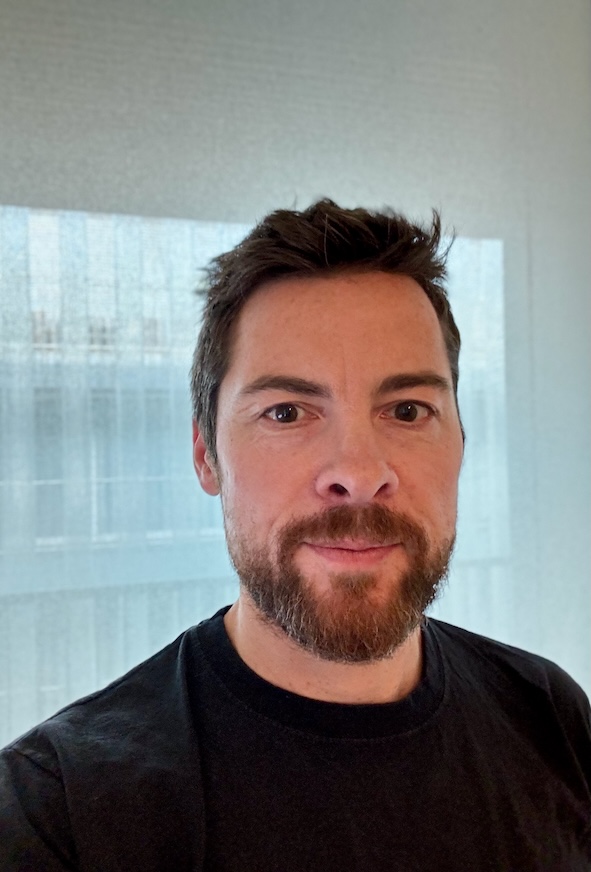Meet Dr Nicholas Kirkby
What course do you teach on and what is your role?
 I am the lead for the Respiratory and Cardiovascular Science (NHLI) stream of the MRes in Biomedical Research.
I am the lead for the Respiratory and Cardiovascular Science (NHLI) stream of the MRes in Biomedical Research.
How has your career led you to teaching?
I am a Senior Research Fellow in the National Heart and Lung Institute where I have worked for around 15 years and now lead a research team of professional and student researchers working in the area of vascular pharmacology. Over this time I have had the chance to supervise <50 MRes and similar research projects, which made it a natural fit for me to contribute to running these research-project based courses, first in the BSc Medical Biosciences, and now the MRes Biomedical Research.
What aspect of the course do you enjoy teaching the most?
For me, the most enjoyable part of the course, is working with the students one-on-one to guide them through their experiences on their project, helping them navigate the professional and research situations they encounter and develop along the way. I find this personally rewarding and an important part of helping prepare students for whatever they go on to next. I also really enjoy hearing about the diverse research our students perform during their project rotations!
What do you hope your students will go on to achieve on completion of this course?
I hope students have a positive and enriching experience on the course and gain the research and professional skills that will enable them to succeed in whatever career path they choose to enter once they complete. Students from the course continue into PhD studies, further education, research jobs in academia or industry and allied careers in biomedical science – it’s always rewarding to see how the course has supported their next steps whatever they may be.
What is your favourite part about teaching at Imperial College London?
A real strength of the student experience at Imperial, particularly on a research-based course like the MRes in Biomedical Research, is how teaching is blended with cutting-edge research. This means students can feel the excitement of the latest discoveries ‘hot off the press’ from researchers themselves and well as having their own experiences of working in real-world labs at the forefront of their field.